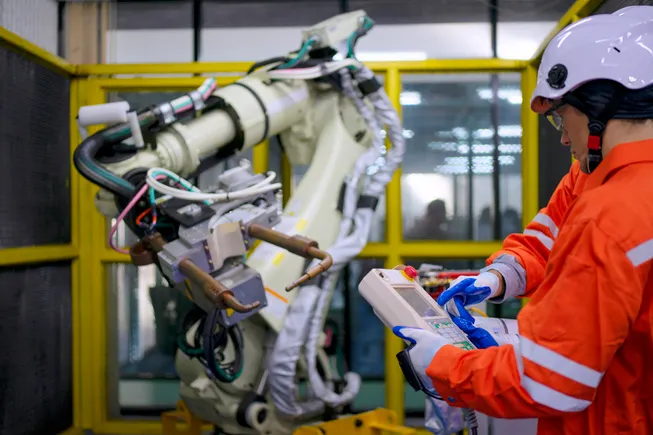Workers may be leaning away from making friends at work — and it might be a symptom of how U.S. workers are approaching the longevity of their roles, according to recent polls from Glassdoor.
Fewer than 25% of workers surveyed on the platform said they had stayed at a job because of a “work bestie,” and 53% said they avoid making friends at work because they want to keep their personal and work lives separate.
Adam Grant, Glassdoor’s chief worklife expert, said that the trend may be in part due to changing times. U.S. workers don’t stay in their jobs as long as they once did — a trend Grant observed back in 2015 in an op-ed for The New York Times.
“Since we don’t plan to stick around, we don’t invest in the same way. We view coworkers as transitory ties, greeting them with arms-length civility while reserving real camaraderie for outside work,” he wrote.
Respondents also told Glassdoor that remote work, higher turnover and layoffs — as well as general structural instability — has made it harder to make friends at work.
Friendship at work can play an important part in encouraging “stickiness” between employees and their companies, experts previously told HR Dive. In other words, employees having friends at work traditionally signaled that employees felt they belonged to the organization and that they were valued.
Gallup also routinely asks whether workers have a best friend at work in its polling and has written articles about the importance of those best friends in maintaining employee engagement and satisfaction.
But Glassdoor’s data may indicate that workers’ perceived value of friendships at work may be going down as workplaces renegotiate how they look in a post-lockdown world.






Leave a Reply